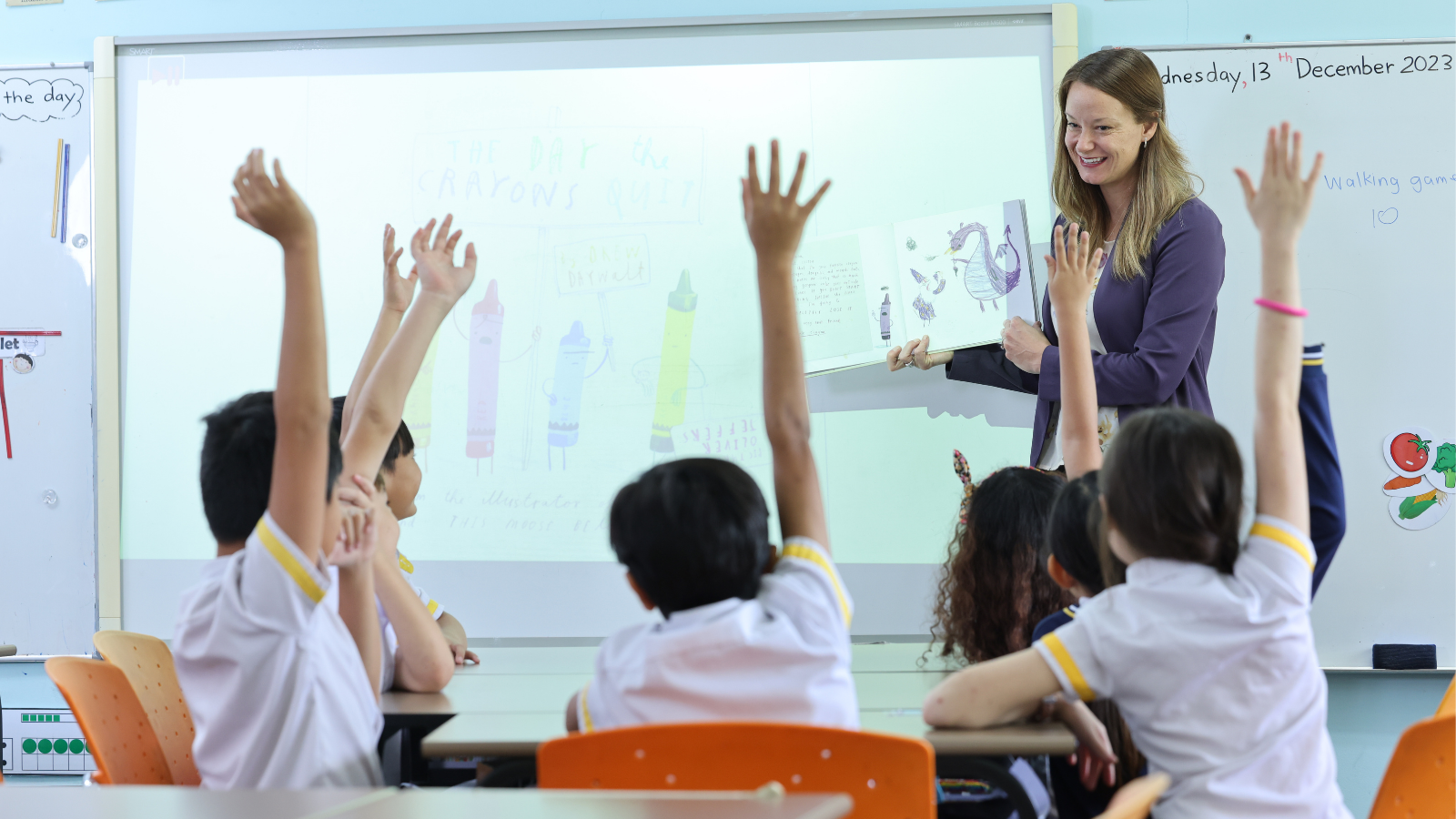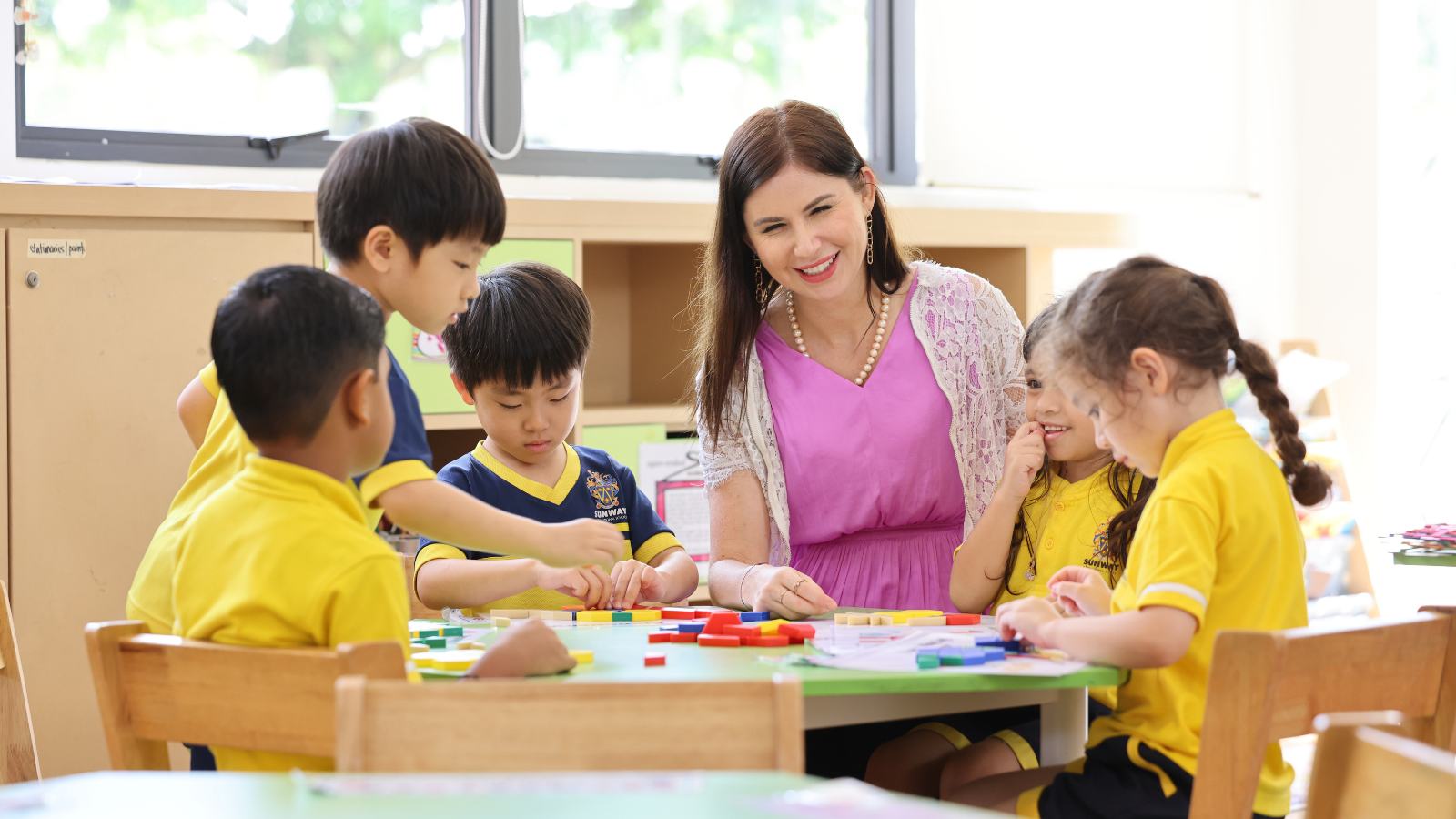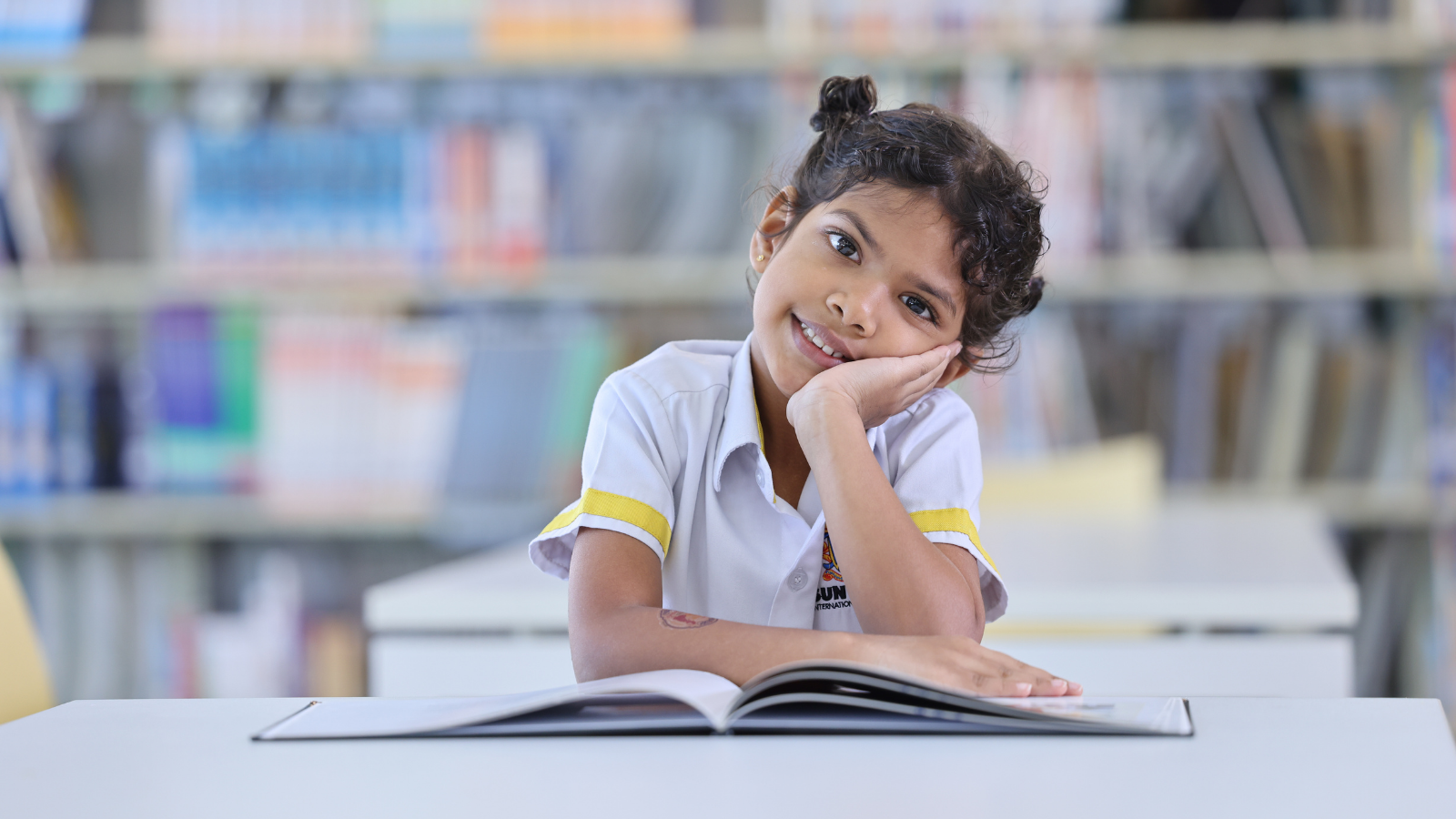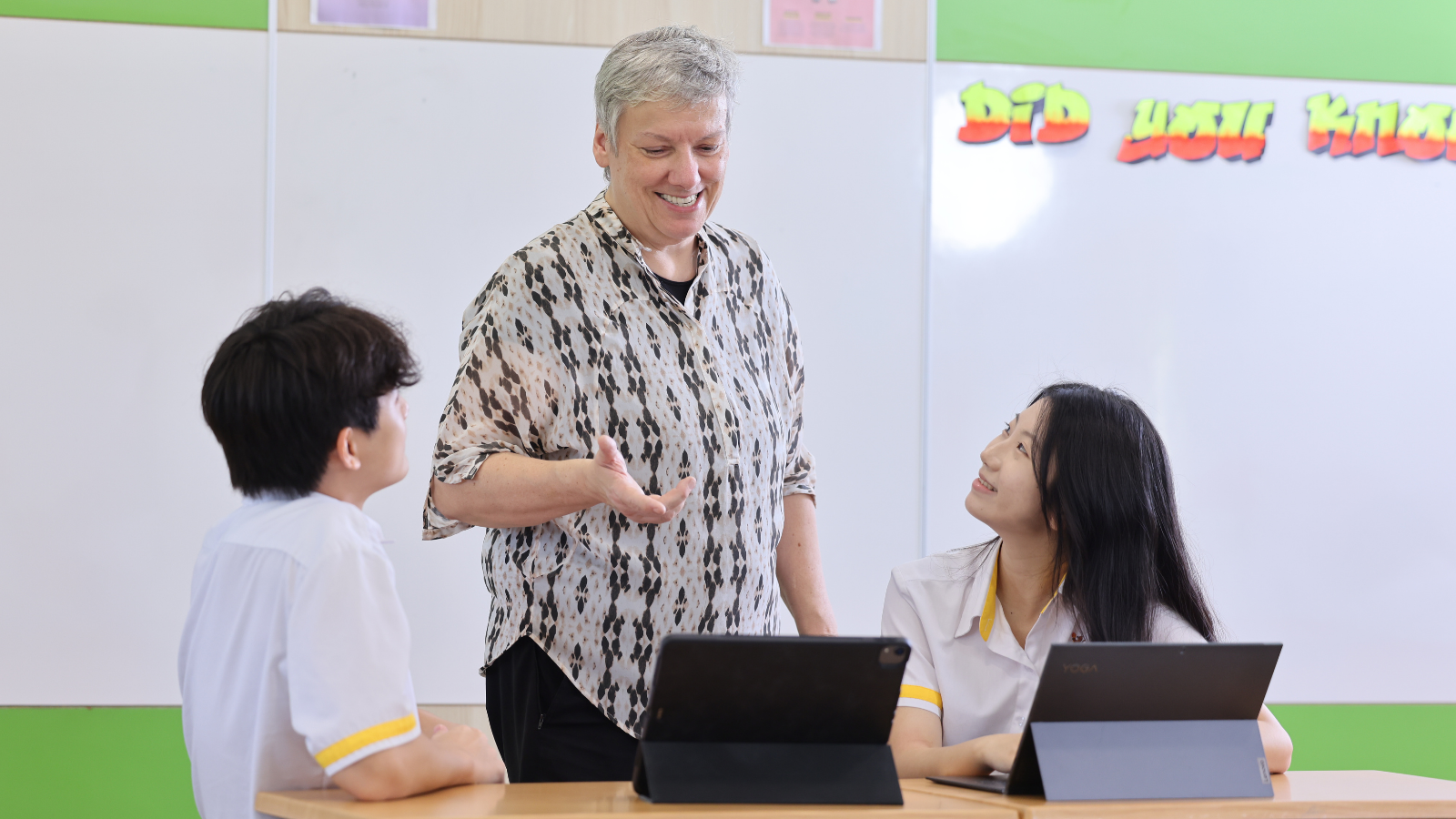SIS School Curriculum
The Canadian and IB curricula are similar in many ways. Ontario’s emphasis on the 6Cs (see Global Competencies below) parallels IB’s 10 Learner Profile attributes. Students’ progression from the Ontario school system into IBDP is more seamless due to their similarities in educational philosophies, approaches to teaching and assessments, and holistic view on student development.
Canadian school’s focus on 6Cs for education IB Learner Profile
The Canadian school curriculum is well regarded for its focus on the 6Cs for education; critical thinking, creativity and innovation, collaboration, communication, character (self-directed learning), and citizenship. These skills are competencies identified as necessary by Ontario for success in the 21st century.
As an IB World School, SIS guides students on becoming responsible members of local, national, and global communities by developing their IB Learner Profile attributes. Students strive to be inquirers, knowledgeable, thinkers, communicators, principled, open-minded, caring, risk-takers, balanced, and reflective. Similarities between Ontario’s 6Cs and IB’s Learner Profile and their relevance to 21st century needs are clear for all to see.
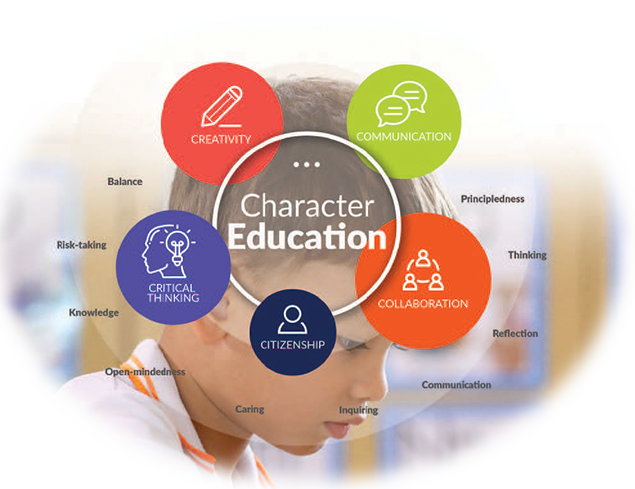
Global Competencies
As educators, we want to equip students with skills relevant to the 21st century. To do so, we integrate the six Global Competencies into our teaching and learning. At SIS, we refer to these competencies as the six Cs.
The 6Cs guide the unit and lesson planning at SIS as demonstrated by our teachers and encouraged in students and the SIS Community. These skills are not abstract skills but instead concrete, transferable skills that position our graduates for successful careers anywhere in the world.
Assessment & Evaluation Approaches
Embedded in the SIS learning culture is the foundational approach of Growing Success. With the transparency of the school when it comes to assessment and evaluation approaches, families need to understand our guiding principles and approaches. By honing in on these six skills, students will be able to achieve curriculum expectations and improve their academic performance.
Read more on Growing Success

Responsibility

Organisation

Independent Work

Collaboration

Initiative
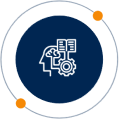
Self-regulation
The SIS Classroom
Students enjoy a learning process that takes them beyond the walls of their classroom. With a variety of hands-on teaching and learning experiences, students can learn effectively in a manner that not only helps them retain the knowledge they have gained but also understand, communicate and apply what they have learnt.
In today's world, technology has gone from being a tool to being an integral part of our daily lives. Rather than go against the currents of change, we guide our students to embrace technology and become smart users that can navigate digital spaces safely.
Given the conditions caused by the global pandemic, we practise a hybrid mode of learning that allows students to join us from anywhere in the world.
